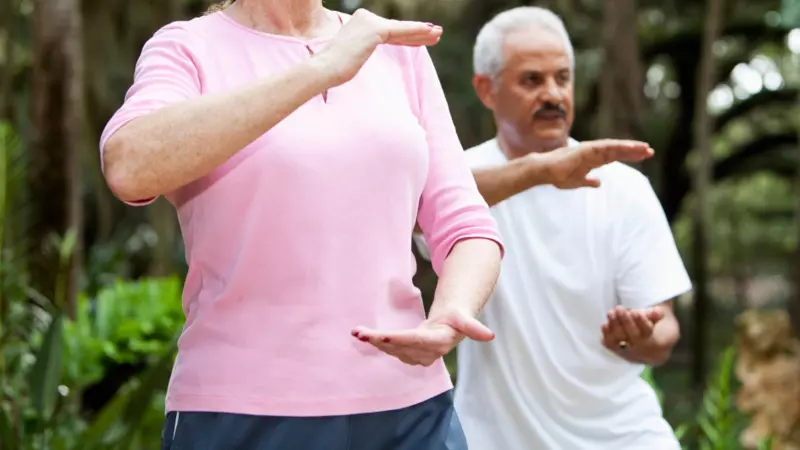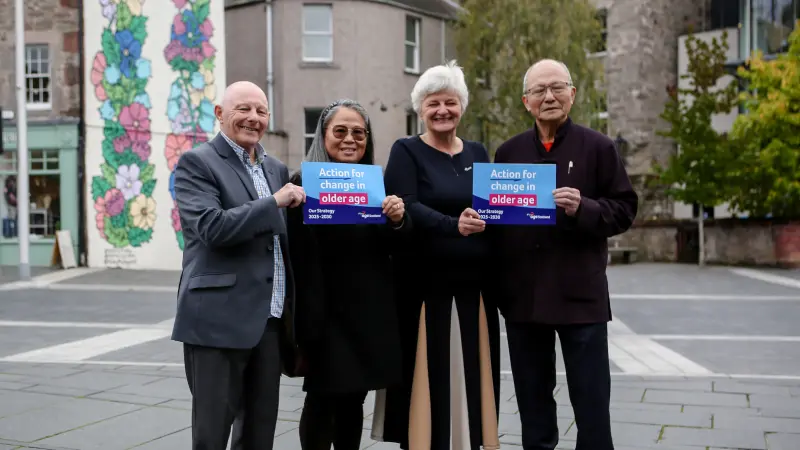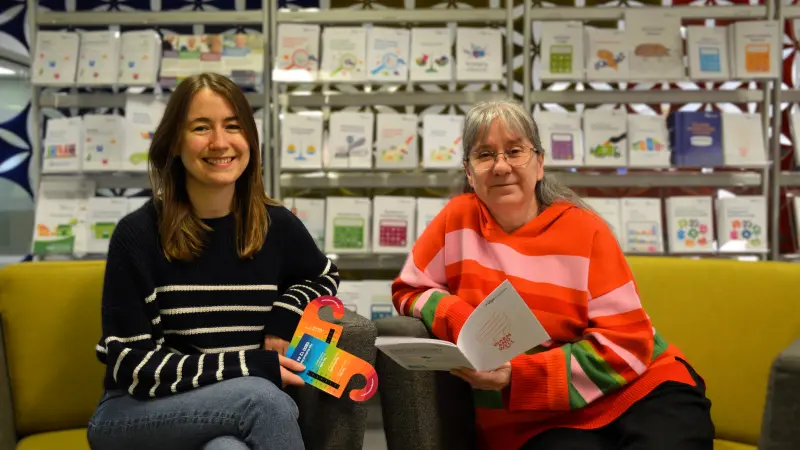UN report reveals Covid has worsened ageism worldwide
According to new research from the UN and World Health Organisation half the world's population harbour ageist attitudes. The report claims the prejudice has a direct impact on the quality of life for older people around the globe.
Ageism can often be seen as a workplace issue, but older people can face it everyday- for example, out shopping, in the media, at the doctor’s surgery, or even when ordering products and services over the phone. Feelings that you are not being given a chance, dismissed, not taken seriously, a loss of power, hurts and is destructive.
It exacerbates loneliness and isolation, impacts heath, wellbeing and has serious consequences for human rights.
These consequences of ageism have never been more apparent than amid a global pandemic. Age Scotland has been campaigning over the years to shift the negative narrative that exists around ageing and has called for help to tackle age discrimination in all its forms.
We welcome a global conversation about how to tackle ageism and today’s report is a really big step in that direction. Here is a summary of key findings:
Findings from the report
• Ageism leads to poorer health, social isolation, earlier deaths and cost economies billions.
• In workplaces especially, both younger and older people can face disadvantages due to their age, the report said, adding that the problem was also found in health and social care, the media and in legal systems, with far-reaching consequences.
• The coronavirus crisis has wreaked a devastating toll on older people and solidarity between the generations will be crucial to the global recovery.
• Older people have been often seen as uniformly frail and vulnerable, while younger people have been portrayed as invincible, or as reckless and irresponsible.
• As countries seek to recover from the pandemic, people of all ages will continue to face different forms of ageism. Younger workers may be even less likely to get jobs. Older workers may become a target for workforce reduction.
• They said ageism was prevalent because it goes largely unrecognised and unchallenged, and claimed it costs society billions of dollars.
Recommendations
• The report stressed the need to take a range of measures to tackle ageism, including building a movement to change the narrative around age and ageing.
• The report said strategies to reduce ageism had been shown to work in three fields: policies and laws, educational activities and combatting ageism.
Touch wood, we are all going to grow old (and hopefully in good health!), which is why it is so baffling that ageism exists at all, but it does!
We are all ageing and we all need each other. Tackling ageism will require a new understanding of ageing by all generations. We believe and agree with the report that the best way to combat ageism is to ensure robust policy and protections in law, education and supporting intergenerational interaction and bring together younger and older generations.
Our campaign ‘Share What You Love’ encouraged everyone to share something that they love doing with an older person. Too many older people feel cut off from society and we want to show Scotland’s older generation that we really care about them. It’s important we build on the strengths that different generations have to offer, nurture understanding and mutual respect so we live in an anti-ageist society.


